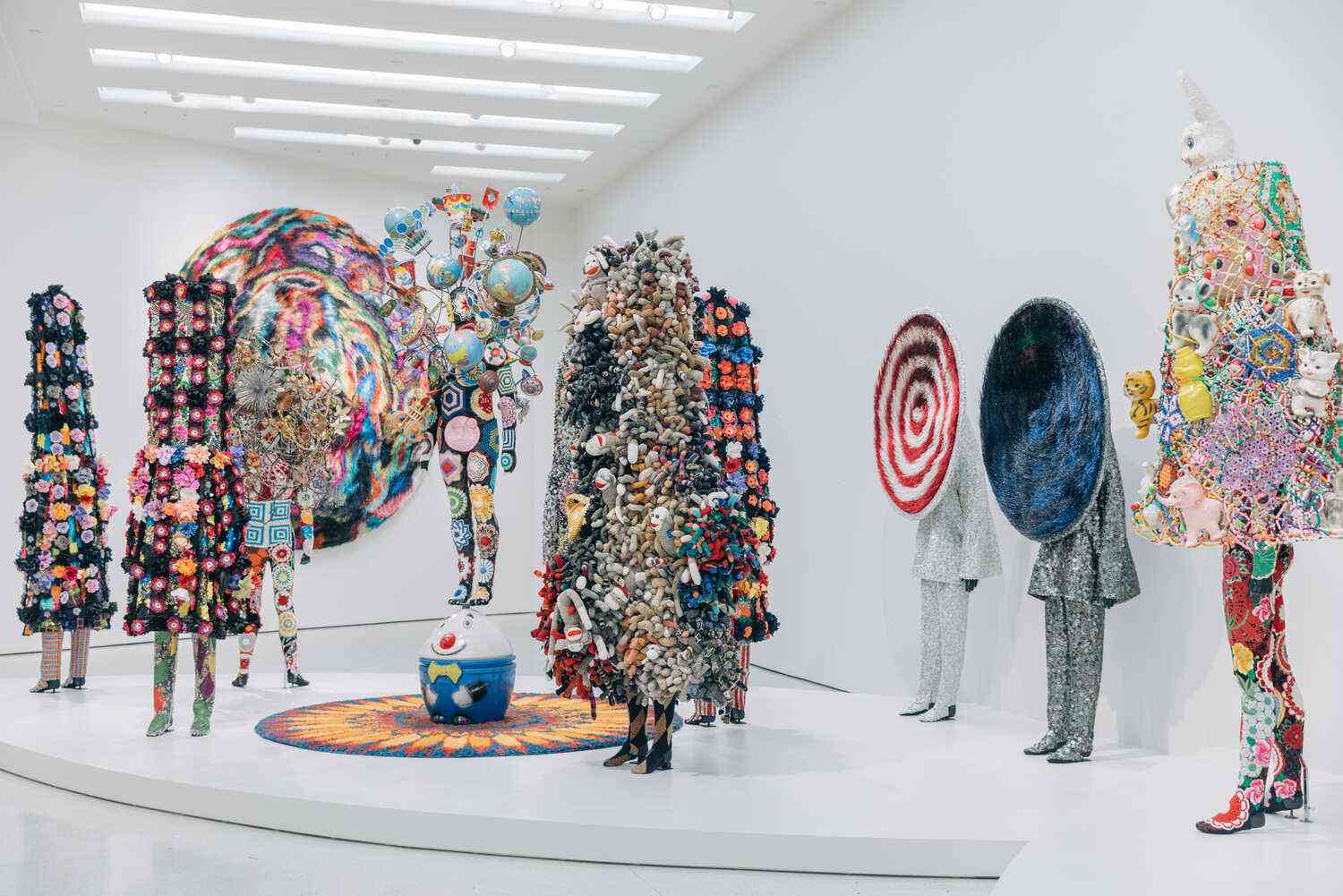A Nick Cave Survey: Brutality, Bedazzled, and Blown Away
In the same year that Nick Cave was awarded an MBE for his services to the music industry, he released a song called “Lonely Boy” from the soundtrack to David Lynch’s feature film Eraser. The single, an 11-minute meditation on existentialism and a search for the meaning of life, has been frequently compared to an album by Leonard Cohen.
This, along with its accompanying video, has garnered attention and praise in equal measure. I, like many others, was pleasantly surprised when I saw the video. Sure, as a musician, he’s a bit of a contradiction, but as a lyricist, he’s got a rich, expansive songwriting voice. He’s not afraid to tackle tough subjects like divorce, loneliness, and the inability to connect with others, and he’s at his best when he can play off that vulnerability to explore themes like power, control, and the role of music in the human experience.
But, like most musicians, he is not afraid to go for broke. In the context of his own music, he’s been accused of being violent and offensive, and his song lyrics have been labeled as blithely misogynistic.
“Lonely Boy” came from Cave’s first collaboration with producer Brian Eno on the single of the same name. Eno is a name synonymous with ambient and minimal sounds, and with Cave: his most characteristic instrument is the bass. The two were also an early part of the ambient/dubstep scene, which they shared in a long-term partnership with the techno duo Goldfrapp and their producer and bassist Benjamin Gibbard (who was soon to join Cave on his band The Bad Seeds). In an interview with the Guardian for the album’s release, Cave explained his use of Eno�







